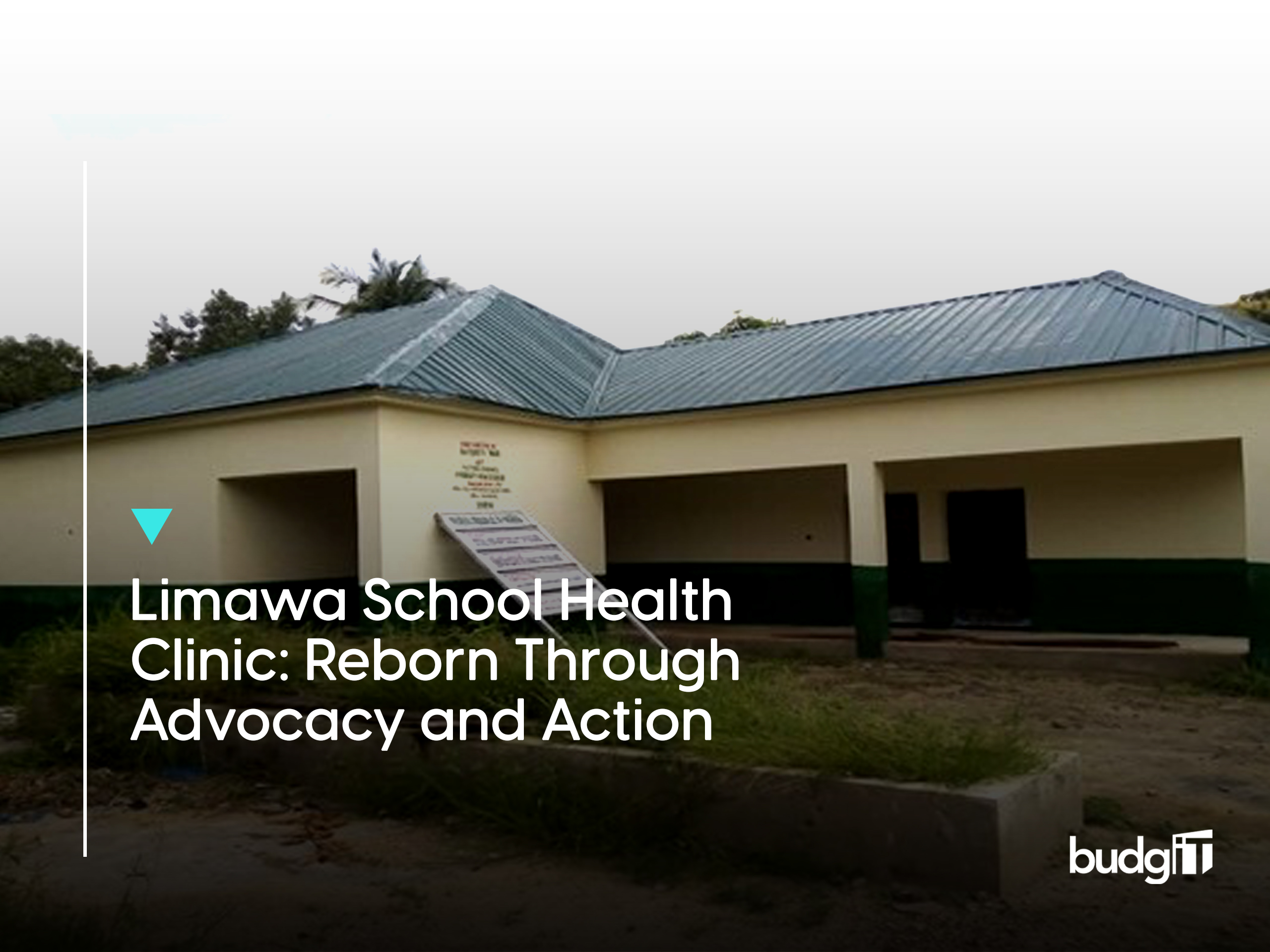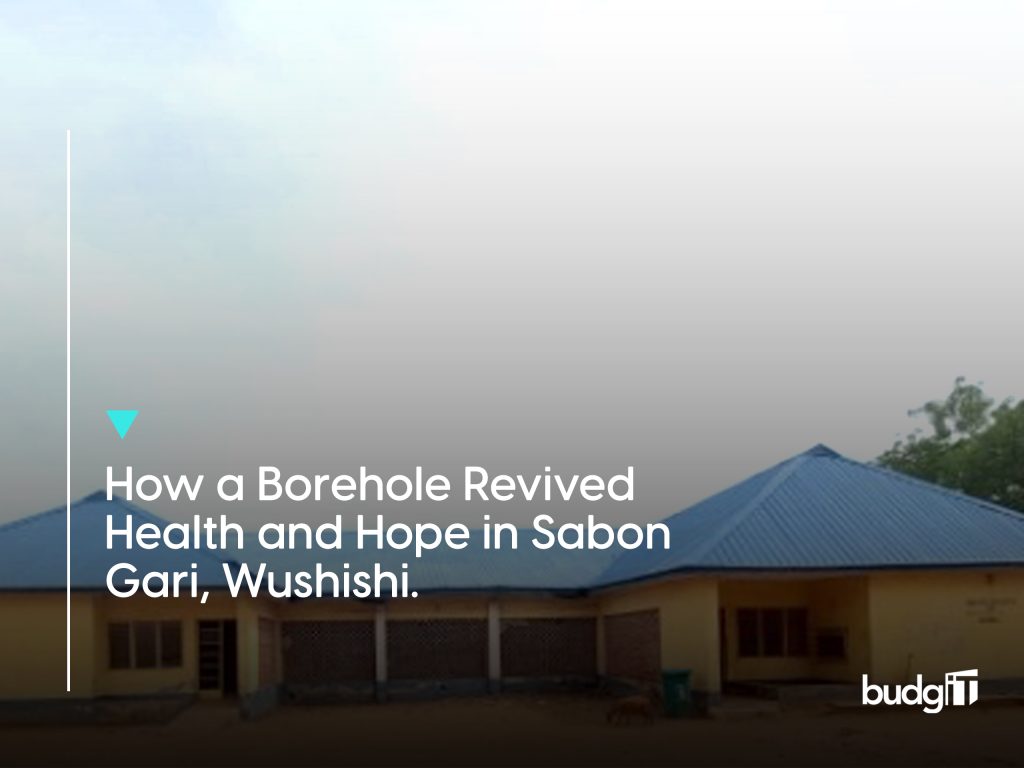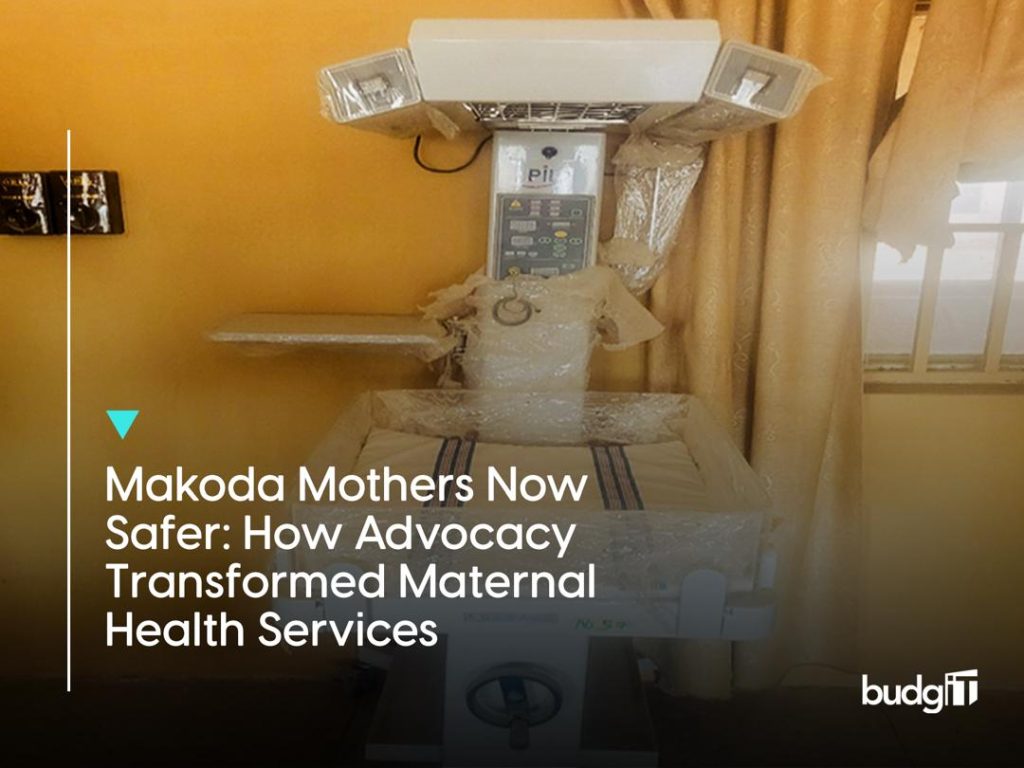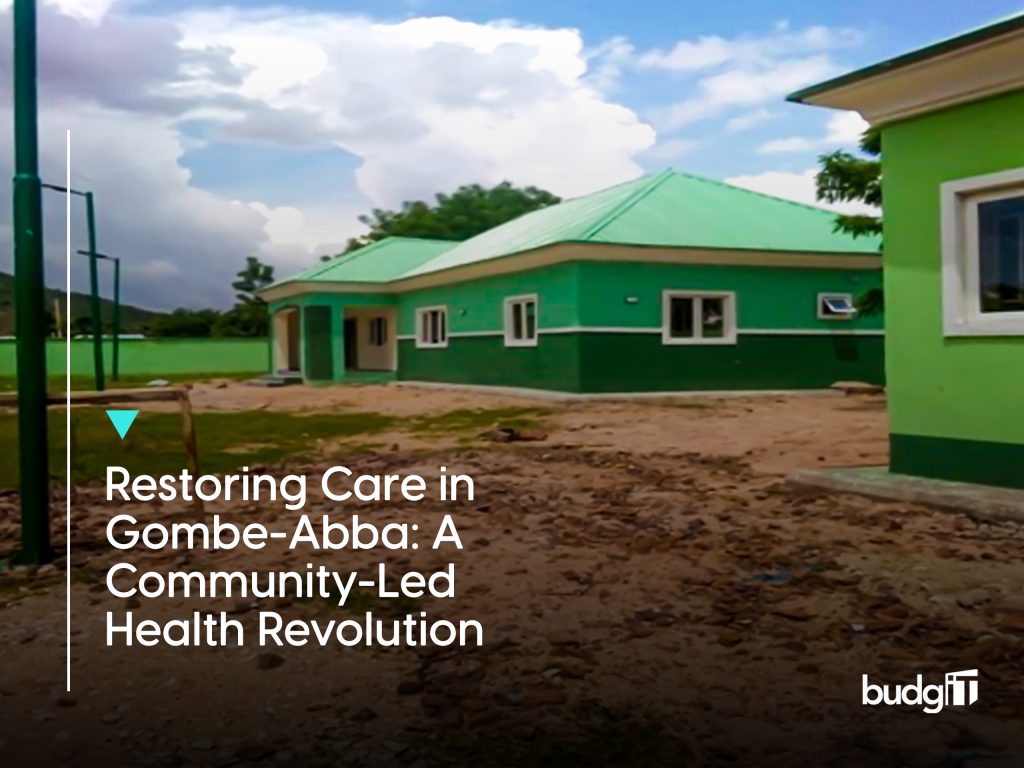“Patients were treated in unsafe and unfavourable conditions, while health workers struggled to provide proper care without the basic amenities required for quality service delivery. The situation was so dire that expectant mothers feared giving birth at the facility.”
In complete ruins once stood the School Health Clinic Limawa, situated in Limawa Ward-A, Chanchaga Local Government Area of Niger State. For over 20 years, this small health centre served approximately 7,300 people, including residents from neighbouring communities. However, the facility was in a deplorable state, with cracked walls, leaking roofs, and severely restricted space. Patients were treated in unsafe and unfavourable conditions, while health workers struggled to provide proper care without the basic amenities required for quality service delivery. The situation was so dire that expectant mothers feared giving birth at the facility. Many community members were forced to travel long distances to access healthcare elsewhere, increasing the risk of complications and even preventable deaths due to delays in receiving care.
The School Health Clinic received a new lease of life when the Niger State BudgIT SCEAP project team, recognising these challenges, mobilised stakeholders and state actors through advocacy efforts. These efforts drew attention to the need for a complete demolition and full reconstruction of the health centre.
A baseline assessment and profiling of the clinic on BudgIT’s real-time PHC accountability platform, www.phctracka.org, revealed that the facility continued to provide services despite its poor state and lack of adequate amenities. Patient and citizen feedback from a survey highlighted two major challenges: the urgent need for renovation and the lack of medical equipment at the facility, both requiring immediate attention.
Under the SCEAP response and intervention in 2023, the Niger State BudgIT SCEAP project team engaged the community through town hall meetings and advocacy visits. The advocacy, led by the SCEAP implementing community-based organisation, Elshadai Rural Health and Development Foundation (ERHDF), alongside the Ward Development Committees, targeted key authorities such as the Niger State Ministry of Health, Ministry of Primary Healthcare, Director of the Primary Healthcare Department, Chanchaga LGA, and other stakeholders at both community and state levels, including the Senator representing the senatorial zone, to solicit support for infrastructural development at the School Health Clinic.
By December 2023, the clinic received long-awaited attention. The building was completely demolished and reconstructed with support from the Senator representing the zone, which facilitated immediate rebuilding. By August 2024, the construction of the new facility was completed and ready for commissioning by the Niger State Government.
A follow-up call to the Executive Director of the SCEAP CBO, Elshadai Rural Health Initiative, Mr. Clement Nwachukwu, in July 2025, revealed that an additional building had been constructed under the revitalisation exercise by the Niger State Ministry of Primary Healthcare. Both buildings are now ready for commissioning soon.
The reconstructed facility now features spacious consultation rooms, a standard delivery suite, and functional wards, all with improved sanitation. Health workers now operate in a safe and conducive environment that enables them to deliver healthcare services with dignity and efficiency. Pregnant women are more confident about delivering at the health centre, immunisation uptake has increased, and general outpatient attendance has more than doubled since the facility reopened.
Beyond improving health outcomes, the new health centre has restored trust between the community and the health system. Community members now view the facility as their primary point of care, resulting in reduced delays in seeking medical attention. The availability of a functional and well-structured PHC also enables early detection and management of illnesses, reducing referrals to distant hospitals.
According to Mrs. Rahilah John, the Officer-in-Charge and Manager of the School Health Facility, “The staff, patients, and community are happy and grateful for the development and transformation of this facility.” as shown in the attached video.
This transformation has not only revitalised healthcare delivery in Limawa Ward-A but has also strengthened community confidence and trust in the public health system. The School Health Clinic now stands as a symbol of what collaborative advocacy can achieve—renewed hope and a healthier community.



